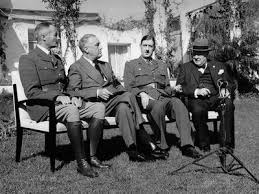Should we want Twitter?
The short answer is obviously NO.
To the best of my knowledge, I have never tweeted. In part, I suppose, that is because tweeting would have required me to become skilled at yet another new technology. If necessary, of course, I am certain I could have done so, but there never seemed sufficient reason to do so.
There is no need to repeat all that one can say against social media and the damage it has done to our society and indeed to our humanity. Obviously, what can be legitimately lamented about social media in general may largely apply to Twitter in particular. Perhaps positive arguments might also be advanced on Twitter’s behalf. Perhaps. But I have not had occasion to be interested in them.
There are alleged to be more than three billion active social media users around the world, of whom some 500 million may use Twitter, compared to Facebook’s audience of over one billion. Facebook users over 75 years old keep (people like me) increasing, while 81% of Millennials reportedly check Twitter daily.
There is, however, a particular problem about Twitter, and that is its uniquely ubiquitous use among journalists. (Is it any accident that the suspension of some journalists from the platform in recent days has stirred such angst – even on the part of the EU?) Obviously, most people in the world are not on Twitter, but the journalistic elite through whom we learn about our world (in particular about our dysfunctional politics) are very engaged on Twitter. Would Donald Trump’s infamous tweeting have mattered so much, been covered so incessantly, if journalists themselves had not been among Twitter’s primary users?
The result – or, at least, a result – has been the magnification of what is so negative about that particular platform’s culture in so much of our political discourse. For that reason alone, Twitter’s self-induced diminishment may be one possible outcome of the present chaos that some may much desire.




